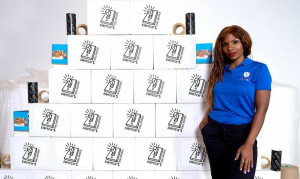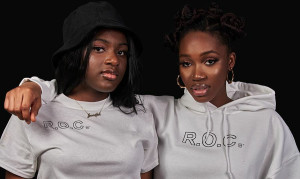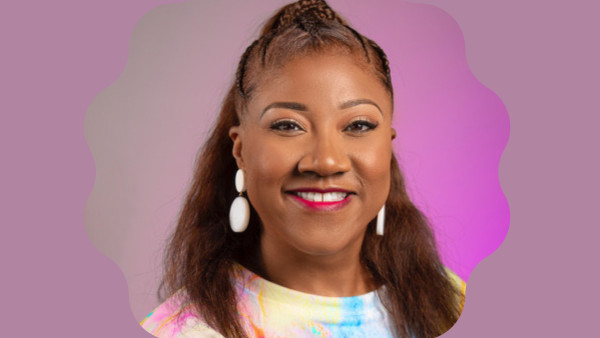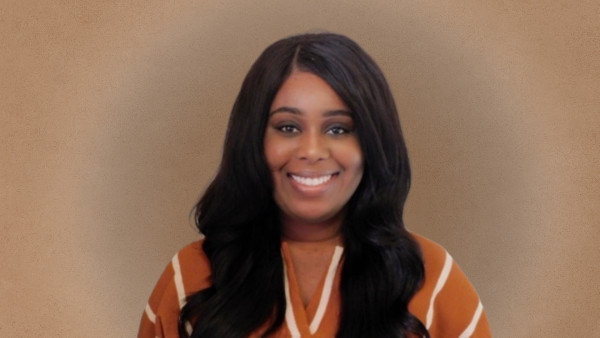A quick browser search takes you to a landing page packed with the sort of diversity that shatters antiquated ideas of who gets to be a runway model. As the Owner and Creative Director, Shortte has dedicated her career to giving her clients exposure in an industry falling behind in promoting diversity. You need to look no further than her personal modelling experiences to understand her motivations.
“If you fell below the measure, were plus-sized, or had a look that was uniquely yours, you weren’t getting through the door,” says Shortte. “I wanted to shift and change that once I decided to venture into this journey.” As someone with darker skin and self-described “kinky hair”, she at times felt like a token model. “I just felt like, why aren’t there more people that look like me, who have different shades in terms of skin tone than I had?”
This is what inspired Shortte to become a model coach, believing she could make a change in the industry that would see talented women from a variety of ages and ethnic backgrounds at the forefront of the runway. “I was really about coaching because I realized I loved teaching the other models even when I was the model.” Shortte began coaching models under the Cassidy Group in Halifax until the heads of the group retired. “Then I moved out and started coaching independently,” says Shortte.
After quickly realizing there was a lack of opportunity for her clients to get on the runway, Shortte ventured into production herself, launching her own fashion shows and events to showcase her agency’s models. Her talent roster ranges from children to seniors, men with tattoos, plus-sized women, and women from a range of ethnicities.
Starting the production as a Black woman new to the scene, however, was no easy feat. “How do I break down these stereotypes when I’m a Black woman doing this?” For Shortte, the heavy question on her mind was how her race and gender might affect the success of her models. “Sometimes, I wonder if they’re not getting the job because of the face that’s representing them.”
Daunting past experiences caused Shortte to struggle with these thoughts after she started the production. When people started realizing she was the face of the company, she noticed a pointed shift in their demeanour.
She recalls one specific moment in her career that fostered this fear of her success being hindered by bias, despite her talents. “I was looking for space for my company,” says Shortte, “and they refused to talk to me.” Rather than having the conversation with Shortte, they carried it on with her white employee who was with her at the time. “She’s the one who had to direct them back to me, which was really demeaning,” Shortte explains.
Though Shortte describes these situations as difficult, she always thought about the people who depended on her to keep going, rather than give up. “They were trusting of my vision to get the company where I hope it will go,” Shortt says. “So, I have to step outside of my feelings and just keep going.”
When reflecting on how far she and her models have come, Shortte’s favourite part of their journey together has been watching them find their voice or path in the industry. “One, in particular, is Otni Chinenere,” gushes Shortte. “She was one of my OGs. She moved up the company ladder and is now working with us as our PR director.”
Through the opportunities the production could create for her, Chinenere began hosting their events and getting offers to do others. “So, she’s building her own brand, but the legacy of my agency is continuing through her and so many others like her who are finding (themselves in) this space,” Shortte states.
Shortte hopes the rest of her talent finds success in their journeys the way Chinenere has. In the future, she said she would like to see the company run by a couple of them when she retires.
“They’re like my model children,” says Shortte. “Just to see them grow like this… (There’s) a permanent smile on my face when I see how they’re getting to where they need to go.”
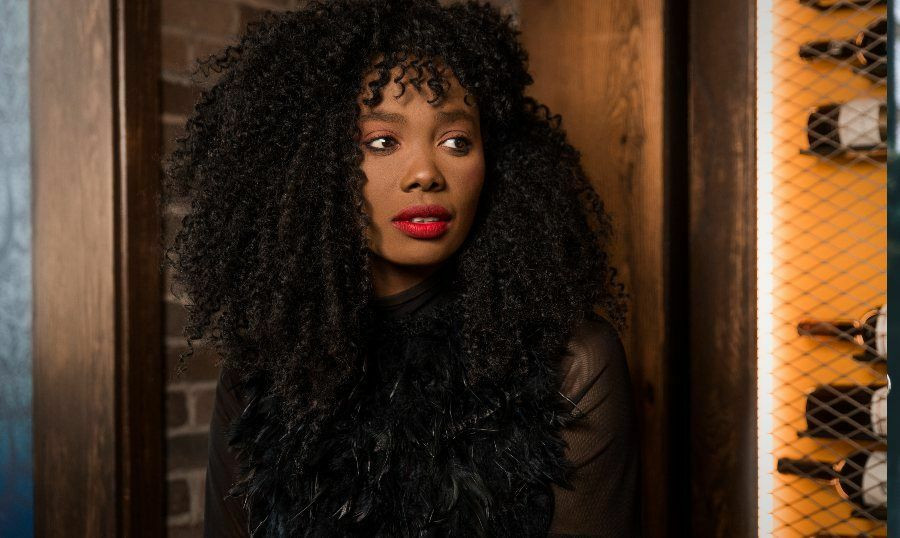
 By
By 




